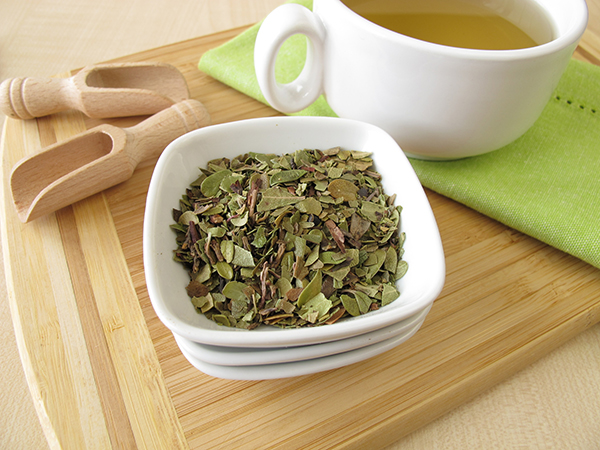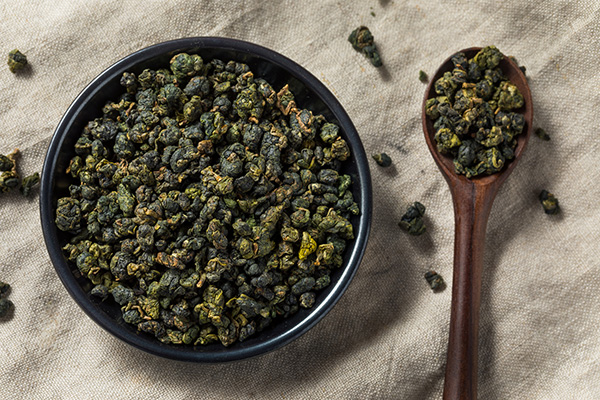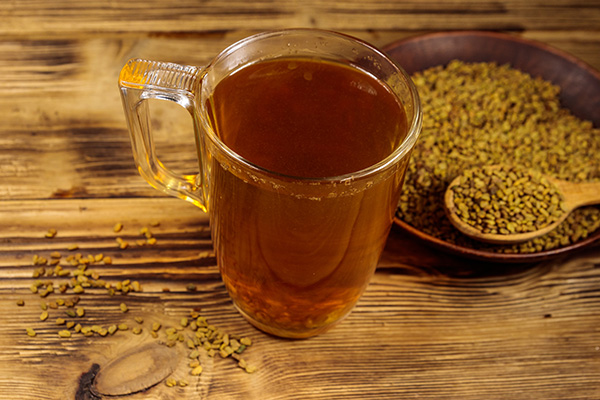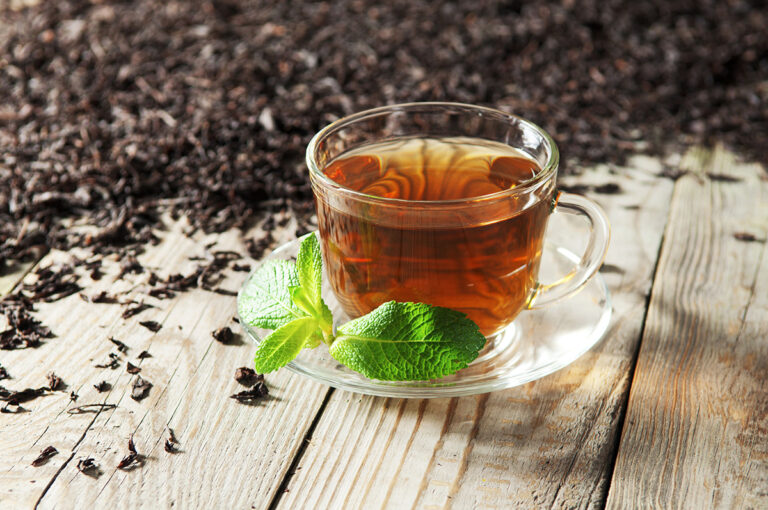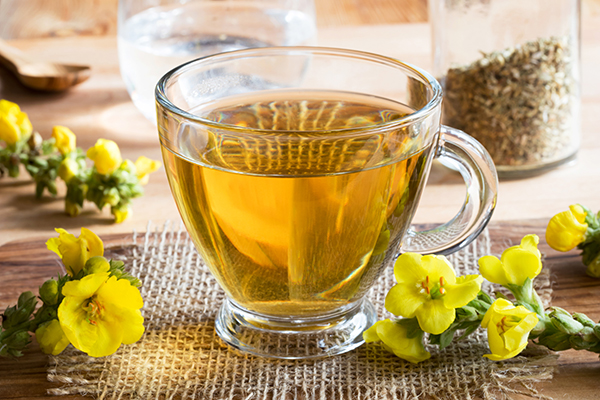Ashwagandha Tea: Benefits, Side Effects, and How to Make It
In the world of natural wellness, few herbs have gained as much recognition as Ashwagandha.
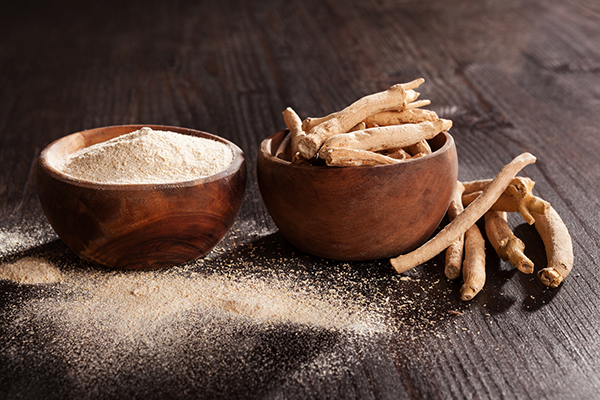
What Is Ashwagandha Tea?
Ashwagandha tea is a herbal drink made from the root of the Ashwagandha plant, scientifically known as Withania somnifera. Originating in India, this plant has been utilized for thousands of years in Ayurvedic medicine, renowned for its adaptogenic properties, meaning it can help the body manage stress.
Potential Health Benefits of Ashwagandha Tea
Ashwagandha tea boasts several potential health benefits.
May Help Reduce Stress and Anxiety
One of the most well-known benefits of Ashwagandha is its potential to alleviate stress and anxiety. It does so by balancing the body’s adrenal system, which regulates the body’s response to stress.
Could Improve Sleep Quality
Ashwagandha is believed to enhance sleep quality by promoting relaxation. It contains an active compound called triethylene glycol, which might assist in inducing sleep.
May Improve Cognitive Function
Some research suggests that Ashwagandha could enhance cognitive function, potentially improving memory, attention, and cognitive abilities.
Potential Boost to Immune System
Ashwagandha’s high concentration of withanolides – a group of flavonoids – is believed to boost the immune system, promoting overall health and resistance to disease.
Ashwagandha Tea Side Effects
Like all supplements, Ashwagandha tea can cause side effects in some individuals. Here are a few to be aware of:
Gastrointestinal Issues
Some people might experience gastrointestinal discomfort after drinking Ashwagandha tea, including nausea, diarrhea, or upset stomach.
Might Lower Blood Sugar Levels
Ashwagandha could lower blood sugar levels. While this may be beneficial for some, it could cause issues for individuals with low blood sugar or those on diabetes medication.
Potential Interaction with Other Medications
Ashwagandha may interact with certain medications, such as sedatives, thyroid medicine, and drugs that suppress the immune system.
Who Should Not Drink Ashwagandha Tea?
While Ashwagandha tea is generally safe for most people, pregnant and nursing women should avoid it due to a lack of safety data. Similarly, those with autoimmune diseases or individuals about to undergo surgery should consult with a healthcare provider before consuming Ashwagandha tea.
How to Make Ashwagandha Tea
Making Ashwagandha tea at home is a simple process. Here’s a step-by-step guide:
- Take one teaspoon of dried Ashwagandha root.
- Boil it in two cups of water for 10 minutes.
- Strain and serve. You can sweeten it with honey if you wish.
Remember, while this is a general guideline, it’s essential to follow the manufacturer’s instructions if you’re using a branded product.
Final Thoughts
Ashwagandha tea, with its potential health benefits, can be a soothing addition to your daily routine. However, like any natural supplement, it’s essential to be aware of possible side effects and consult with a healthcare provider if necessary.
FAQ
What Does Ashwagandha Tea Taste Like?
Ashwagandha tea has a slightly earthy taste, with a hint of bitterness. Sweetening it with a bit of honey can enhance the flavor.
When Should I Drink Ashwagandha Tea?
Ashwagandha tea can be consumed at any time of the day. However, due to its potential calming effects, some people prefer to drink it in the evening.
How Often Can You Drink Ashwagandha Tea?
While individual tolerance can vary, generally, one to two cups a day is considered safe for most people. However, it’s advisable to follow the manufacturer’s instructions or consult a healthcare professional for personalized advice.
How Long Can You Drink Ashwagandha Tea Safely?
As long as you don’t experience any adverse side effects, it’s usually safe to consume Ashwagandha tea regularly. However, it’s best to consult with a healthcare professional to determine the appropriate duration for your individual health needs.
Is Ashwagandha Tea Good for Hypothyroidism?
Ashwagandha is an adaptogen, which means it can help the body manage stress. Some preliminary research suggests it may benefit thyroid function and can potentially increase the production of thyroid hormones. However, more research is needed, and it’s important to consult with a healthcare provider before using ashwagandha tea for hypothyroidism.

